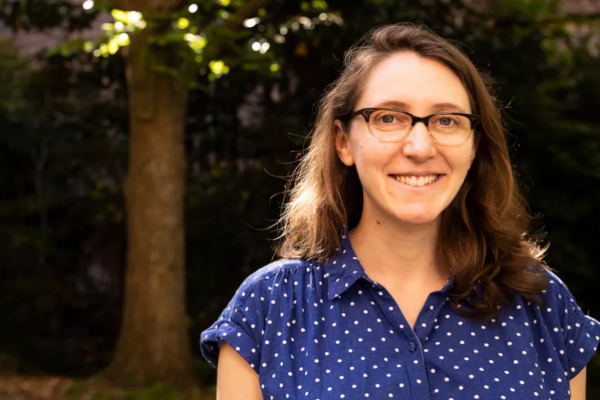
Friday, March 22, 2024 1:45 pm, Mendenhall Laboratory Room 291 or online using this Zoom link

Dr. Abigail Swann
Professor
College of the Environment in Climate & Ecosystems
University of Washington
Email: aswann@uw.edu
Host: Yanlan Liu
Quantifying the role that terrestrial ecosystems play in Earth's climate
Biologists have widely documented how the local environment influences plants. Recent findings suggest, surprisingly, that the reverse is also true: ecosystem distribution and functioning control the local energy balance at Earth’s surface and directly modify regional and global scale climate. Uncertainty in how plant processes at the leaf, individual, and ecosystem scale will respond to a changing climate alters our confidence in projections of climate itself. In this talk I will discuss how ecosystems modify the climate system and its response to external forcing. We quantify the role of ecosystems by determining when, where, and which aspects of biological uncertainty project strongly onto metrics of climate relevant for society and ecosystems using Earth system model simulations. We find that different assumptions about ecosystem distributions and ecosystem functioning have large impacts on terrestrial climate including surface temperatures, precipitation, and water availability. These findings demonstrate that ecosystems and climate must be considered together as a coupled system, particularly when assessing the response of the climate system to change.
Bio: Abigail Swann is a Professor jointly appointed in Atmospheric Sciences and Biology at the University of Washington and is the Endowed Professor for the College of the Environment in Climate & Ecosystems. Her research is focused on the role that plants play in Earth's climate. She studies both the physical climate system and the underlying biological processes that govern ecosystems and characterize their response to environmental variability and change. She received her bachelorsdegree and PhD from the Earth and Planetary Sciences Department at the University of California, Berkeley as well as a masters degree from Columbia University in Earth and Environmental Sciences.
